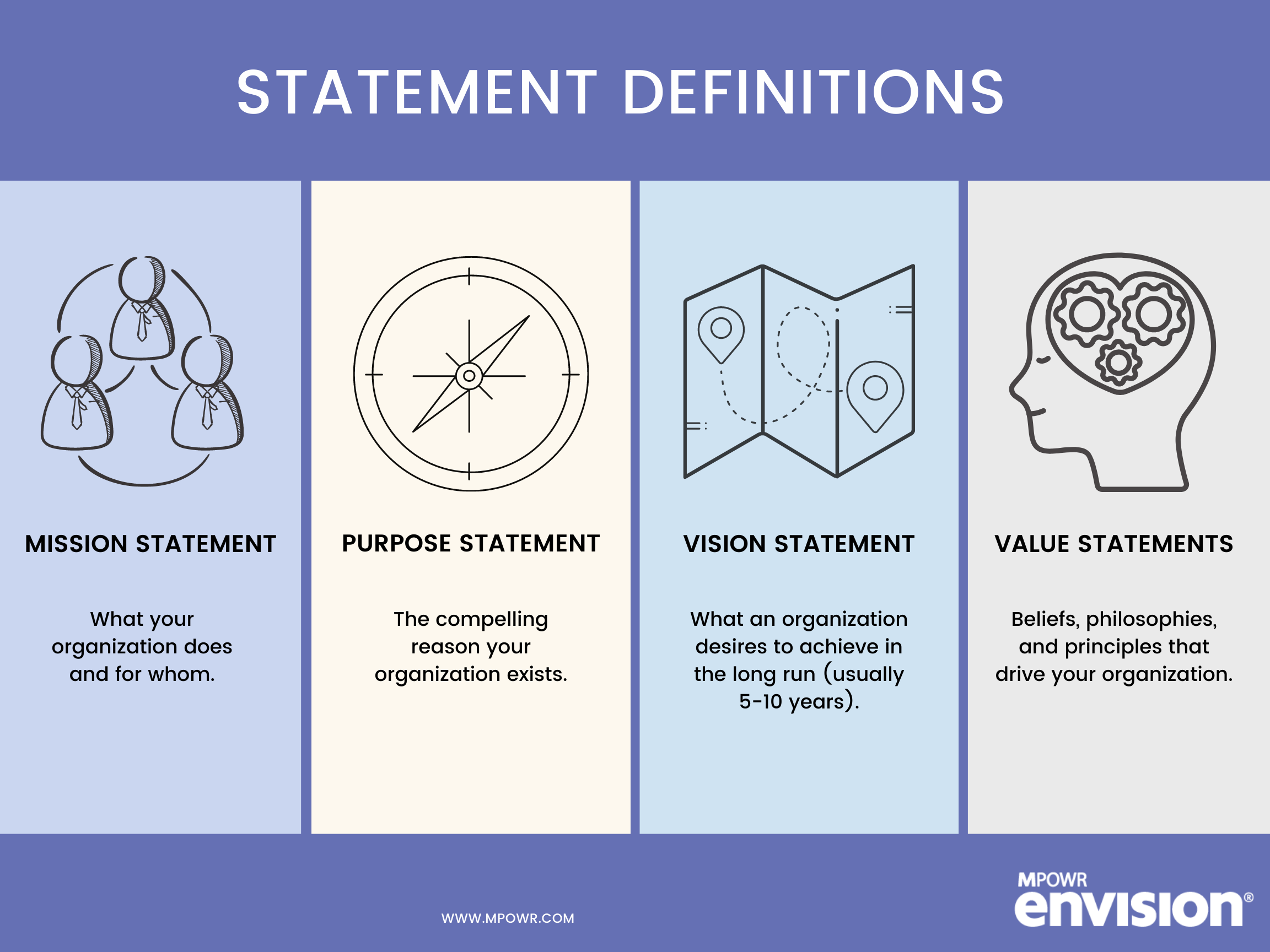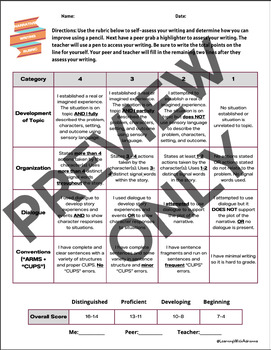Why Middle Managers Are Essential For Company Success And Employee Well-being

Table of Contents
The Bridge Between Leadership and Employees
Middle managers act as the vital communication link between upper management and frontline employees. They translate high-level strategic goals into actionable tasks, ensuring that everyone understands their role in achieving the overall company vision. Simultaneously, they provide crucial feedback from employees to upper management, ensuring that leadership remains grounded in the realities of daily operations. This two-way communication flow is essential for effective organizational alignment and prevents strategic misalignments.
- Relaying company vision and strategy to teams: Middle managers break down complex strategic plans into manageable steps, making them understandable and achievable for their teams. This clarity fosters buy-in and commitment.
- Gathering employee feedback and concerns: They act as a conduit for employee voices, identifying potential problems, and escalating concerns to senior management before they escalate into larger issues. This proactive approach prevents misunderstandings and fosters trust.
- Ensuring alignment between departmental goals and overall company objectives: Middle managers ensure that individual team goals contribute to broader company strategies, preventing siloed efforts and promoting cohesive teamwork.
- Facilitating effective communication up, down, and across the organizational structure: They foster a culture of open communication, ensuring that information flows seamlessly throughout the organization, preventing bottlenecks and fostering collaboration.
Fostering Employee Engagement and Well-being
Beyond communication, middle managers are instrumental in fostering a positive and supportive work environment that promotes employee engagement and well-being. Their direct interaction with team members allows them to identify and address individual needs and concerns, nurturing a culture of appreciation and support. A strong middle management team actively contributes to higher employee retention rates and improved overall morale.
- Providing regular performance feedback and coaching: Constructive feedback and targeted coaching are key to employee growth and development. Middle managers offer personalized guidance, helping team members improve their skills and reach their full potential.
- Identifying and addressing employee concerns: Middle managers are often the first point of contact for employee issues, providing a safe space to voice concerns and seek support. This proactive approach prevents small problems from escalating.
- Promoting a culture of recognition and appreciation: Acknowledging and celebrating employee achievements boosts morale and motivation. Middle managers play a crucial role in fostering a culture of gratitude and appreciation.
- Offering support and guidance to improve employee well-being: Middle managers can help create a supportive work environment that prioritizes mental and physical health, implementing strategies to reduce stress and burnout.
- Implementing strategies to reduce employee stress and burnout: By actively identifying and addressing factors contributing to stress, middle managers can create a healthier and more productive work environment.
Driving Operational Efficiency and Productivity
Effective middle managers are crucial for streamlining processes, optimizing workflows, and enhancing team performance. Their hands-on involvement allows them to identify bottlenecks, implement improvements, and drive innovation, leading to increased operational efficiency and productivity. This translates directly into improved company profitability and a competitive edge.
- Resource allocation and task management: Middle managers ensure that resources are allocated efficiently and tasks are managed effectively, optimizing team productivity and minimizing waste.
- Problem-solving and conflict resolution within teams: They are equipped to address conflicts promptly and fairly, preventing disruptions and maintaining a harmonious work environment.
- Monitoring performance metrics and identifying areas for improvement: Regular monitoring of key performance indicators (KPIs) allows middle managers to identify areas needing improvement, leading to data-driven decision-making and continuous optimization.
- Implementing best practices to enhance operational efficiency: They stay abreast of industry best practices and implement relevant strategies to optimize workflows and enhance efficiency.
- Driving innovation and improvement initiatives within teams: By fostering a culture of continuous improvement, middle managers encourage creativity and innovation within their teams.
Talent Development and Succession Planning
Middle managers are essential for identifying, developing, and retaining high-potential employees. Their close interaction with team members allows them to recognize talent, provide mentorship, and create pathways for career advancement, contributing significantly to succession planning. Investing in the development of future leaders starts with empowering middle management.
- Identifying and nurturing talent within their teams: Middle managers are best positioned to identify high-potential employees and provide them with opportunities for growth and development.
- Providing training and development opportunities: They advocate for and facilitate training programs that enhance employee skills and knowledge.
- Mentoring and coaching employees for career advancement: Middle managers play a crucial mentoring role, providing guidance and support to help employees advance their careers.
- Contributing to succession planning by identifying future leaders: They play a vital role in identifying and nurturing future leaders within the organization.
- Creating a culture of learning and growth within their teams: Middle managers foster a learning-oriented environment where continuous improvement is valued and encouraged.
Conclusion
In conclusion, middle managers are essential for company success and employee well-being. Their contributions extend far beyond simple task delegation; they are the linchpin connecting leadership's vision to the daily realities of the workforce. They foster communication, drive operational efficiency, cultivate employee engagement, and nurture future leaders. Recognize the critical role middle managers play in your organization's success and employee well-being. Invest in training and development programs to empower your middle management team and unlock their full potential. Don't underestimate the value of strong middle management – it's essential for building a thriving and successful company. Invest in your middle managers, and they will return the investment tenfold.

Featured Posts
-
 Arcane Season 2 Jinx Ekko And The Return Of The Iconic Song
May 29, 2025
Arcane Season 2 Jinx Ekko And The Return Of The Iconic Song
May 29, 2025 -
 The Underperforming Card Of The Pokemon Tcg Celestial Guardians Expansion
May 29, 2025
The Underperforming Card Of The Pokemon Tcg Celestial Guardians Expansion
May 29, 2025 -
 2 1 Win For Real Madrid Reactions From Coaches Simeone And Ancelotti
May 29, 2025
2 1 Win For Real Madrid Reactions From Coaches Simeone And Ancelotti
May 29, 2025 -
 Troy Cassar Daley Makes History At 2025 Queensland Music Awards
May 29, 2025
Troy Cassar Daley Makes History At 2025 Queensland Music Awards
May 29, 2025 -
 Find Your Pair Nike Air Force 1 Low Pink Foam Hf 2014 600 Release Date Details
May 29, 2025
Find Your Pair Nike Air Force 1 Low Pink Foam Hf 2014 600 Release Date Details
May 29, 2025
Latest Posts
-
 Nigora Bannatyne Shows Off Toned Physique In Chic Co Ord
May 31, 2025
Nigora Bannatyne Shows Off Toned Physique In Chic Co Ord
May 31, 2025 -
 The Good Life And Purpose Connecting Your Values To Action
May 31, 2025
The Good Life And Purpose Connecting Your Values To Action
May 31, 2025 -
 Nigora Bannatynes Sparkling Co Ord And Impressive Abs
May 31, 2025
Nigora Bannatynes Sparkling Co Ord And Impressive Abs
May 31, 2025 -
 How To Build A Good Life Strategies For Happiness And Fulfillment
May 31, 2025
How To Build A Good Life Strategies For Happiness And Fulfillment
May 31, 2025 -
 Is This The Good Life For You Self Assessment And Reflection
May 31, 2025
Is This The Good Life For You Self Assessment And Reflection
May 31, 2025
